Description of this template will be available soon.
Archives: Templates
Templates and model types in the QualiWare platform.
Concept Definition
Description of this template will be available soon.
Component Realization
Description of this template will be available soon.
Complaint
This template can be used to describe complaints, e.g. from customers or other external parties.
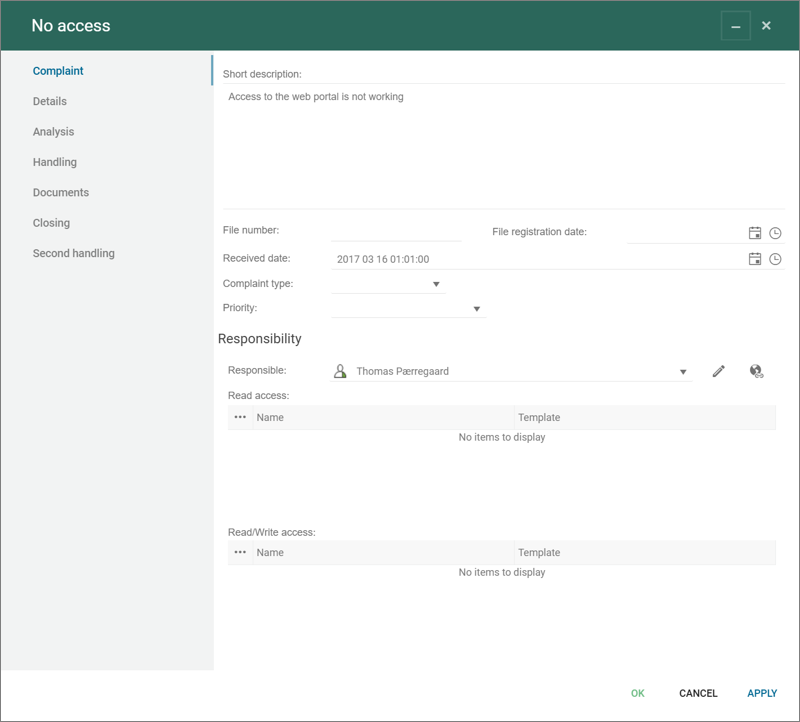
There is a standard Governance Workflow for Complaint management.
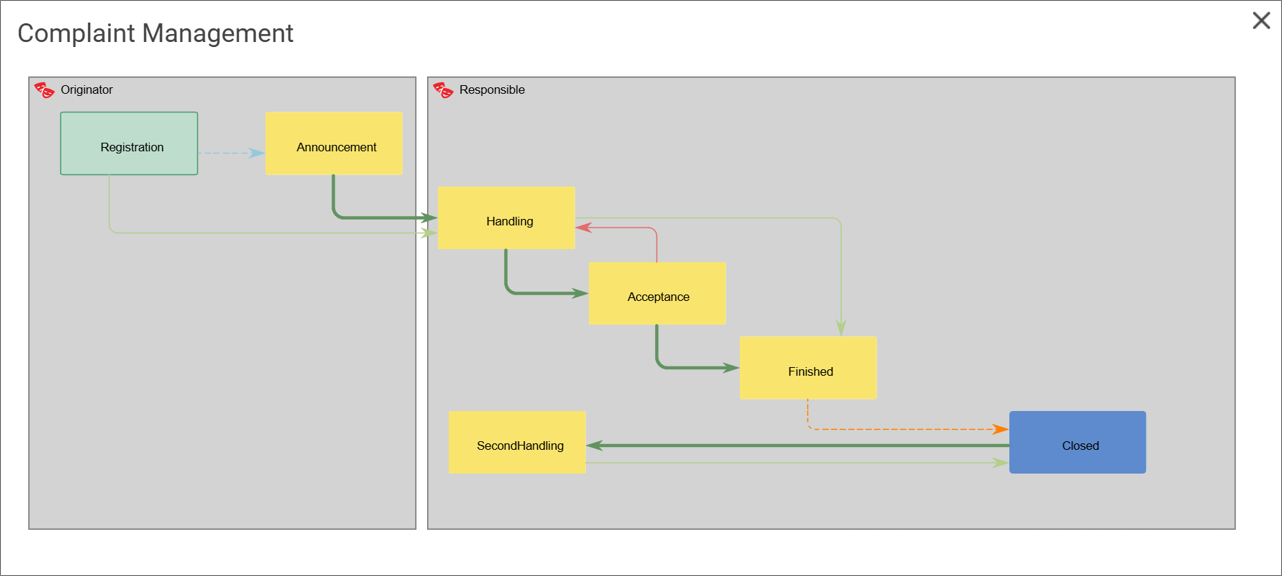
Competence Level
CompentenceLevel are used to capture different levels of a competence and the level is given to a person, and can be approved by a competence approver.
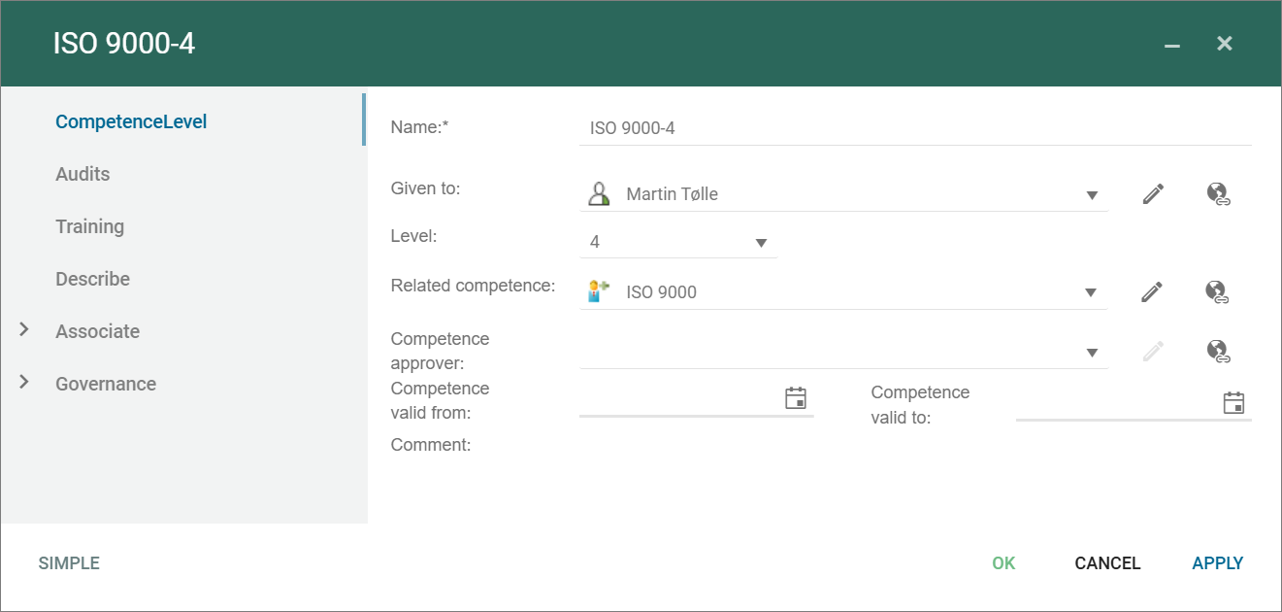
A competence level can be managed in a governance workflow. There is a standard competence level management governance workflow a part of the person management flow.
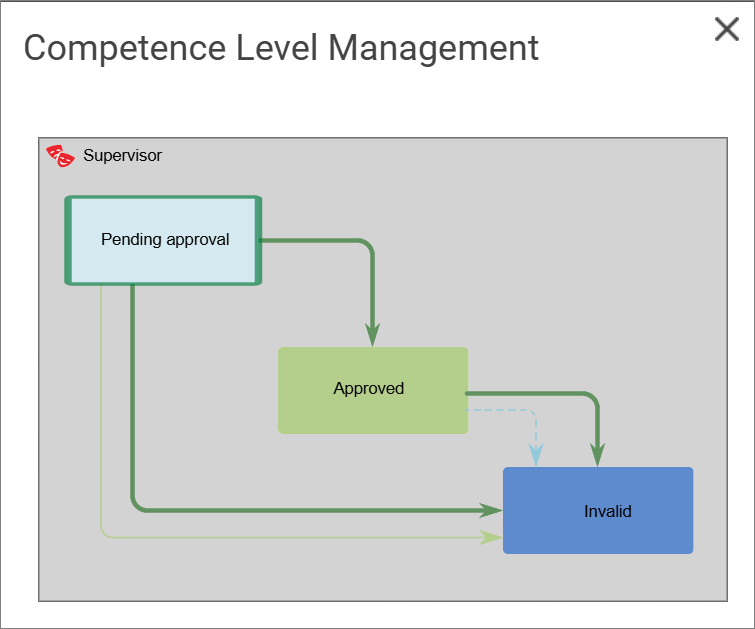
Communication Network : ArchiMate
A set of structures that connects devices or system software for transmission, routing, and reception of data. A communication network represents the physical communication infrastructure.

Comment
This template is used to capture and describe comments to other objects.
It is part of the standard GovernanceWorkflow for change mangement, where it is possible to add comments to content as part of the review governance flow.
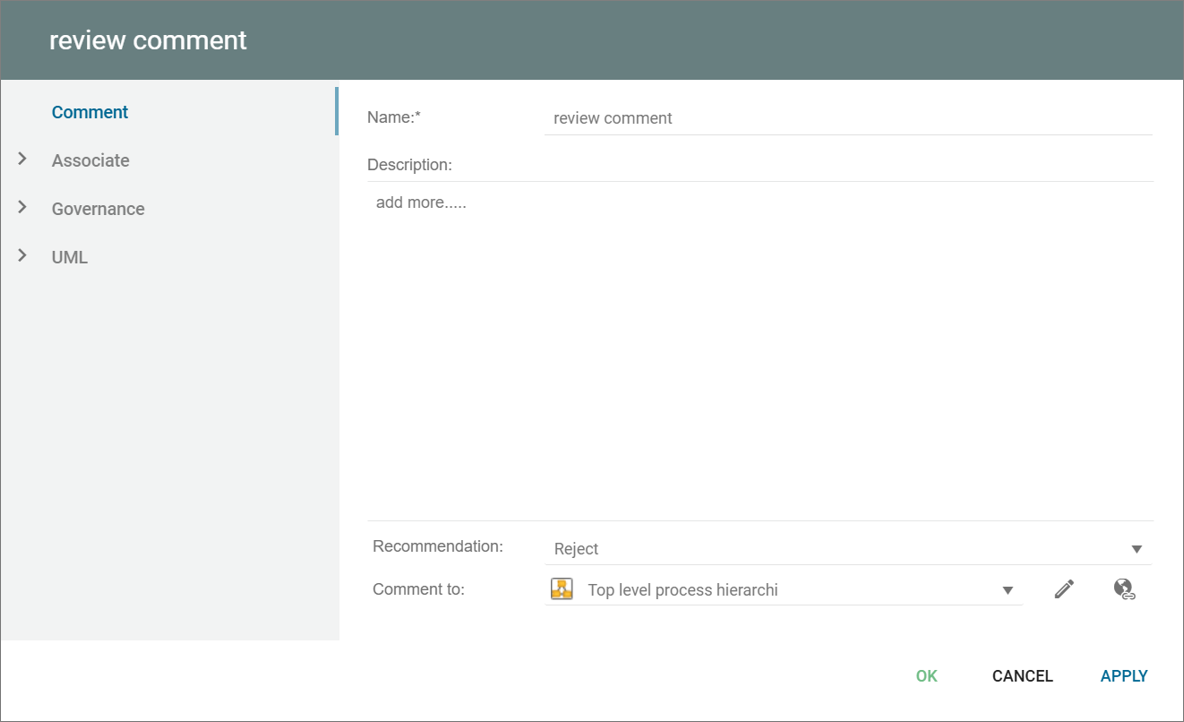
Combined Fragment
Description of this template will be available soon.
Column
Description of this template will be available soon.
Collaboration Use
Description of this template will be available soon.